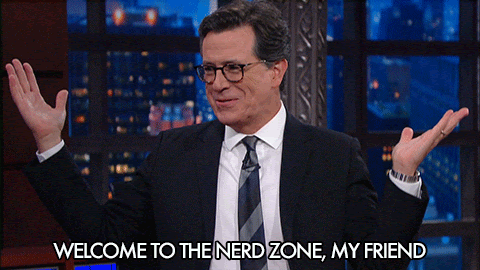The One Day that TV Ads Still Reign Supreme
CRYPTO'S ABOUT TO HAVE ITS SUPER BOWL MOMENT
The countdown to the Super Bowl is on. In three weeks, two teams will battle to see who gets to call themselves the NFL's best. Meanwhile, there's an even more high stakes competition brewing, and its implications will affect all of us.
Super Bowl ads have become not only a welcome distraction between the plays but a pretty clear indication of where the marketing & advertising world is dedicating time and energy. With 30-second spots costing as much as $6 million (a 9% increase from 2020), brands are going to make sure they're bringing their A-games to screens across the world.
Sneak peeks from this year's campaigns seem to suggest that the ads will have a distinctively crypto flavour to them.
Budweiser has been making inroads with blockchain and NFT communities for years, from investing in startups to purchasing beer.eth, to launching its own collection of NFTs. For the Super Bowl, they're taking their crypto-love public. Details are still unclear, but what we do know is that Budweiser has purchased one of the Nouns Project NFTs for a reported price of $394k USD, with one caveat: It must be featured prominently in one of this year's Super Bowl ads.
Meanwhile, Crypto.com — a marketplace to buy and sell tokens — has planted a pretty significant flag on the sports world. First, they bought the naming rights to LA's Staples Centre (now known as Crypto.com Arena), then they recruited Matt Damon to appear in ads that appear in-game broadcasts across every major league. Now they're one of the newest crop of Super Bowl advertisers that are going to lead to text messages from your non-tech friends asking what the word "fungible" means.
This one isn't officially confirmed, but I'm calling it now: We're going to see at least one Bored Ape in a Super Bowl ad. This is a big deal not just because they are one of the world's most popular (and expensive) collections, but because it will put the IP ownership part of the NFT equation to the test. One of the things that attract people to owning NFTs is the fact that (depending on the project) an owner can use, share, license, or otherwise monetize their token at their own discretion. That means fees or royalties to be paid from the Super Bowl ad would flow directly to the owner first, and not to the Bored Ape Yacht Club organization.
And finally we have good old Meta (aka: Facebook). There's no doubt that what we're going to see from the Silicon Valley pirates is a beautifully created story about how Facebook is welcoming the world into the future by creating a kinder, gentler Metaverse. Remember the last time they said they were bringing the world together by creating a newsfeed filled with human connection? I wouldn't believe them this time, either.
SO WHAT?
Trends that are elevated to the level of Super Bowl ads are very often the ones that become embedded into pop culture. In 1998 Autobuytel told us that we'd do our car shopping online, and no one listened. In 2011 Audi was the first to put a hashtag on screen, and advertisers everywhere scoffed.
Those trends may have been ahead of their time, and this year's crypto-mania may suffer the same challenges, but over time we've learned to look to those trendsetters as signs of things to come. Who knows how long until all of us are doing business via smart contract, accepting Bitcoin, and issuing NFTs to our best customers?
Written by Conner Galway, Junction Consulting

